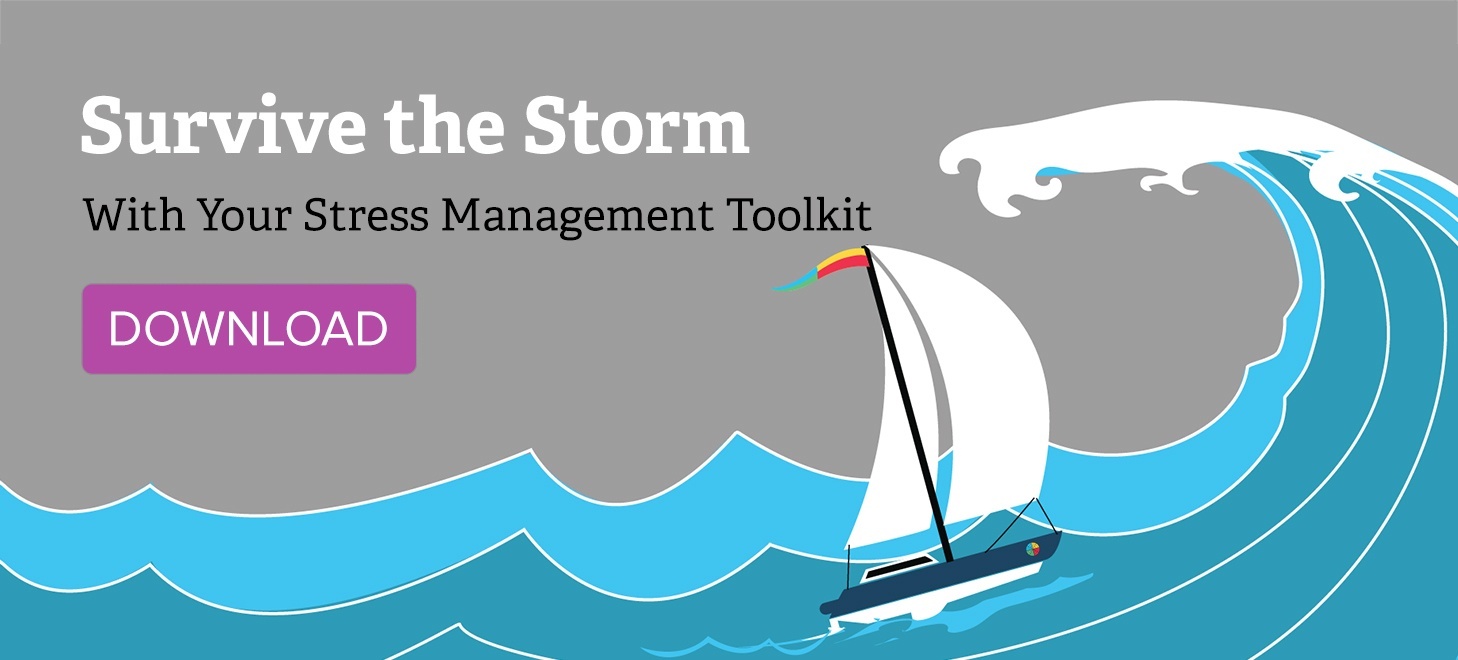Planning any big vacations for the coming year? Looking forward to a little rest and relaxation?
Or maybe, deep down, you’re dreading it.
You wouldn’t be the only one. According to a Glassdoor survey of over 2,200 workers, the average U.S. employee who receives paid vacation/paid time off (PTO) only takes about half (54%) of those days. The top reasons? They fear getting behind (34%), they worry no one else can do the work while they’re out (30%), they’re completely dedicated to the company (22%), and they feel they can never be disconnected (21%).
Being completely committed to your company and the work is a great thing. But being so stressed or fearful that the work will pile up (or be screwed up) if you take some time off isn’t so great. It’s certainly not healthy. And it’s not even necessarily good for your career or your bottom line. A Project Time Off study on the State of the American Vacation found that Americans gave up $66.4 billion in 2016 benefits due to the number of vacation days they forfeited. And get this: According to the study, those who had given up their vacation time were “less likely than non-forfeiters to have been promoted within the last year (23% to 27%) and to have received a raise or bonus in the last three years (78% to 84%).”
Still not convinced? Consider the fact that a number of studies have uncovered not just mental but physical consequences from not taking a vacation. One found that men who skipped vacation for five years in a row were 30% more likely to have a heart attack than those who took at least a week off a year. There are similar studies about the detrimental effects on women’s health.
Any way you look at it, taking some time off is good for you. But the fears are real. Just the thought of digging out from a mountain of work is exhausting...and depressing. And the urge to stay connected, to sneak a peek at your emails, is incredibly strong.
This is the reality. Knowing all that, however, means you can take some steps to prepare and preempt the stress so that you can take a vacation and actually enjoy it while you’re there—and still maintain that benefits of that well-earned break when you return.
This doesn’t have to be so complicated that you need a vacation just from the planning. Try some of these strategies to make it easier on yourself:
- Put it on the calendar: Are you driven by your schedule and to-do lists? Then add your vacation time to the list. Schedule it in and make sure everyone is aware of it. The act of blocking off that time makes it real, and telling others about it not only gives them the advance warning, it holds you accountable to it. For help, check out Project Time Off’s Vacation Planning Tool.
- Engage others: Business is a team sport, so think about who can pitch in for you when you’re out. Consider who’s best suited to help out with different tasks, then spend the appropriate time with them to get them up to speed, and provide them with the necessary training and tools. Just as important: Reciprocate. Encourage your teammates to take time off to recharge, and be there to be their back-up when they need it.
- Create your contingency plans: Don’t spend your vacation worrying about things falling through the cracks or checking your phone every few minutes in anticipation of frantic messages and questions. Get your plans, FAQs and checklists in place before you leave, and go over them with the key people who will be covering for you while you’re out.
- Prioritize before, during and after: You’re not realistically going to be able to offload your entire job while you’re out. Prioritization is key, and it starts before you leave. What will you need to finish or progress to a certain point before you go on vacation? What are the critical musts that have to be done while you’re gone. What can wait for you to get back? If you’re not sure, do a quick cost-benefit analysis to see what really needs get done. We tend to think every single task we do is urgent and critical. That’s rarely the case.
- Set up your out-of-office message: Proactively manage expectations so you don’t feel pulled back in while you’re away. Draw the line in the sand and let people know you’re not checking in while taking this valuable time off. If you absolutely must be reachable for specific issues or emergencies, be clear about what those exceptions are, and stick to them. If you need some inspiration for your auto-responder, check out these hilarious out-of-office messages.
- Imagine yourself refreshed, refocused and reenergized: Visualize what it would feel like to truly unplug, relax and free up your thinking. Really picture yourself in that state of mind. How could a change of scenery change your perspective? What new insights and inspiration might you find?
Vacation is more than just about the time away. It’s about giving yourself the mental space to clear out the noise, discover new connections and ideas, and recharge your thinking so you’ll be even more effective when you return. Don’t just give away this much-needed time off.













